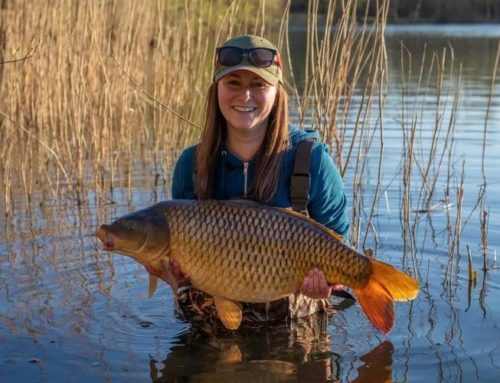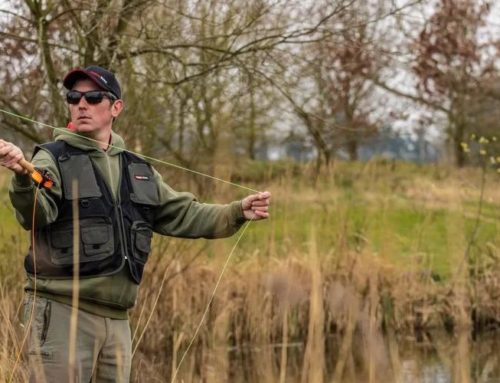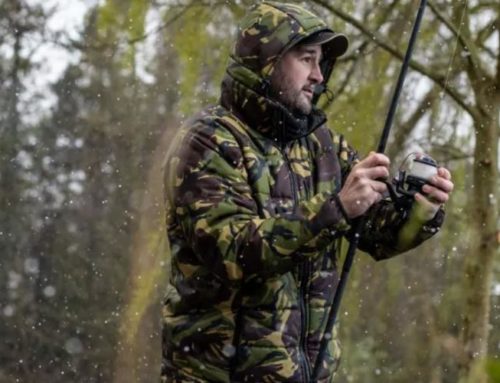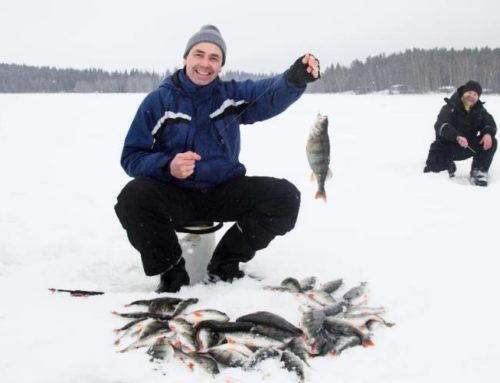Fishing is a popular activity that can be both relaxing and exciting, but it can also present safety risks. Whether you are new or experienced in fishing, it is important to take precautions to minimize the risk of accidents or injury.
In this article, we’ll look at some of the basic safety precautions you can take to keep yourself safe while fishing. We will also cover essential fishing safety equipment and precautionary measures to avoid injuries related to the use of fishing tools.
Why Should We Read Safety Guidelines?
Fishing can be an enjoyable and rewarding outdoor activity, but it’s important to take the proper safety precautions to prevent accidents or injuries. By taking the time to understand the risks of fishing and following a few simple safety rules, you can ensure that your fishing experience is safe and enjoyable for everyone. Whether you’re fishing from shore or from a boat, there are precautions you can take to reduce the risk of accidents or injury.
What are the most likely hazards while fishing?
Looking to cast your line for big fish? Just make sure you’re aware of the potential hazards that come with this popular hobby. As any seasoned angler will tell you, fishing injuries are no joke – cuts, falls, and lead poisoning are just a few of the risks you need to consider. If you’re a fan of rock and ledge fishing, boat fishing, or surf fishing, be especially cautious of drowning and other accidents!
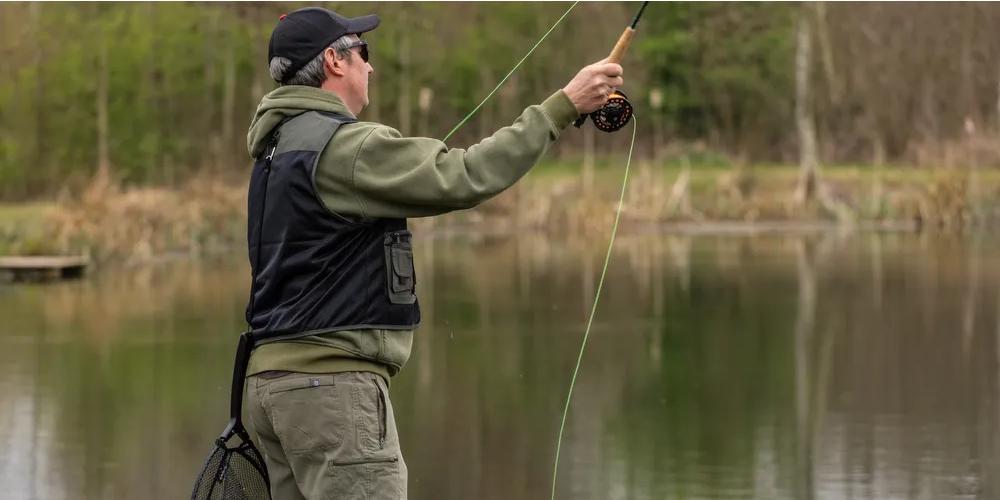
What is the safety for fishing?
- Wear a life jacket:Always wear a suitable life jacket, especially when fishing from a boat or walking in deep water.
- Be Weather Aware:Check the weather forecast before you go and avoid fishing during thunderstorms or other dangerous weather conditions.
- Caution when handling hooks, tools & knives:Be careful when handling hooks and sharp fishing knives to avoid injury.
- Comfortable clothing: Choosing comfortable clothing will help you stay in the fishing environment longer
- Stay hydrated:Bring plenty of water and stay hydrated, especially on hot days.
- Be aware of your surroundings:Watch your footing and be aware of slippery rocks or other hazards in the area.
- Know the regulations:Familiarise yourself with the fishing regulations in the area and follow all rules and guidelines.
- Use Proper Gear:Use proper fishing gear for the type of fish you are targeting and make sure it is in good condition.
- Try not to fish alone:It’s always a good idea to fish with a friend or let someone know where you’ll be fishing and when you plan to return.
- Be Prepared:Bring a first aid kit, insect repellent and any medications needed in case of an emergency.

